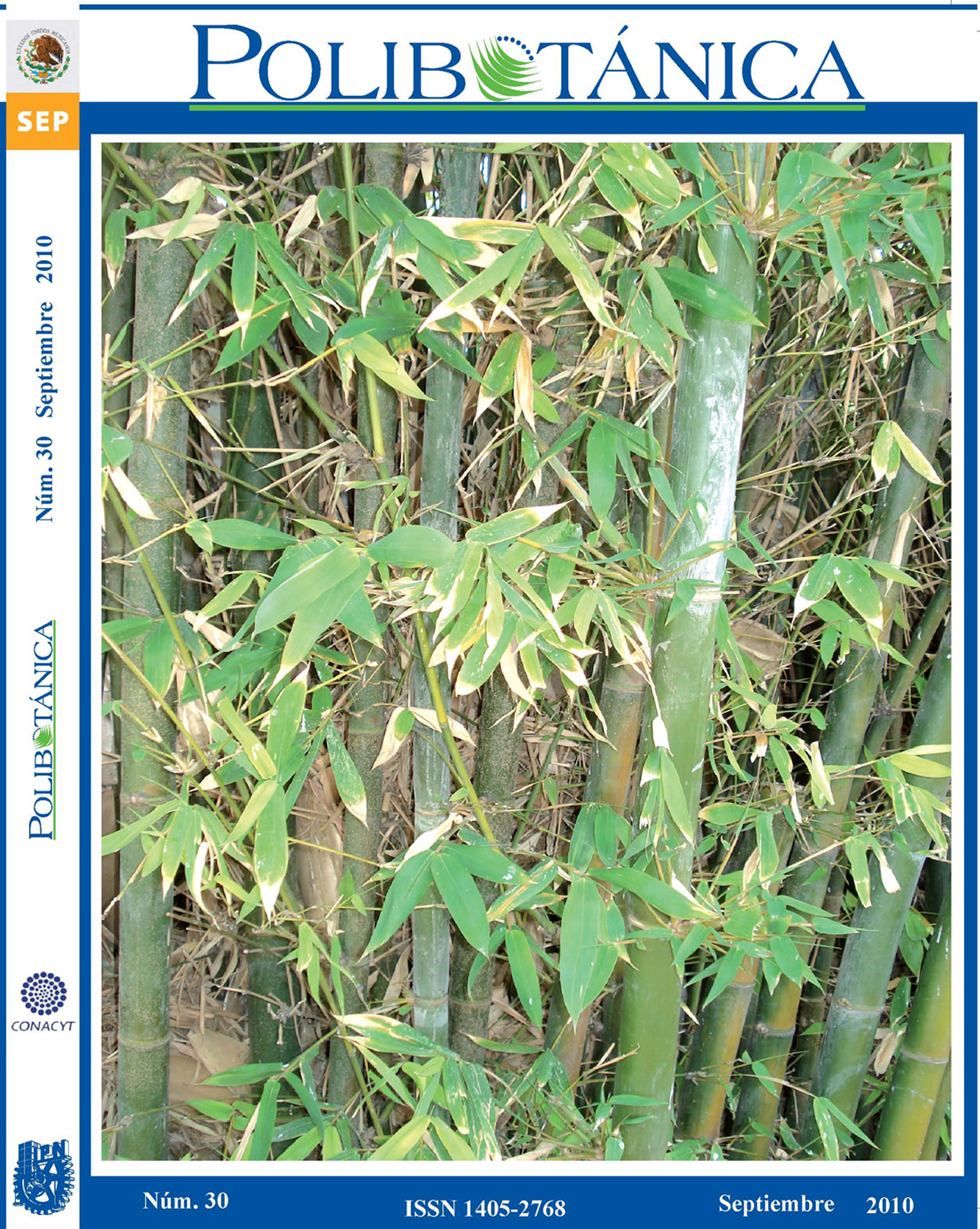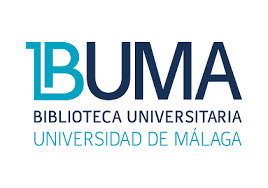ESTABLECIMIENTO DE PROTOCOLOS PARA LA PROPAGACIÓN IN VITRO DE PLANTAS DE ACOURTIA CORDATA (CERV.) TURNER (COMPOSITAE), COLECTADAS EN LA SIERRA DE GUADALUPE
Abstract
The Guadalupe Range (GR) is one of
several volcanic complexes within the
Mexico Basin. Located in the north-central
portion of the basin, GR is now a Protected
Natural Area. Therefore, it has become a
strategic zone of major importance within
the region, for which efforts to preserve its native flora will determine range
sustainability. The objective of this work
was to establish in vitro plant regeneration
protocols for Acourtia cordata, a plant
known since pre-Columbian times for its
medicinal properties and nowadays for the
presence of a dye in its roots. Plants were
collected at two localities of the GR and
propagated through apical and axillary bud
culture, as well as the induction of morphogenetic processes. Two protocols for in
vitro plant multiplication were developed;
the explants came from buds, leaves and
internodes of donor plants obtained from in
vitro germination of seeds collected from
wild plants. In one protocol plants were
formed after indirect shoot organogenesis
induced in MS medium containing 5 mg/L
of IAA and 0.5 of BAP, followed by rooting in presence of the auxin IBA. In the
second one, plants were regenerated by
rooting the shoots developed from apical
and axillary buds in the same medium used
in the morphogenetic processes. The combination of both protocols yielded, from
each seed germinated in vitro (germination
indices were practically 100%), an average
of 22 ± 2 plantlets after 6.5 months, ready
for their ex vitro transfer. Results of this
study support the importance of the use of
in vitro culture systems for the conservation and propagation of valuable genetic
resources such as A. cordata, for which
there have been no previously reported
protocols for in vitro propagation. Such
propagation methods can be a valuable tool
for the enhancement of natural habitats, to
say nothing of their potential to multiply
genotypes of useful plants that are sources
of technologically important secondary
metabolites without damaging their natural
populations.
Downloads
Published
Issue
Section
License

Polibotánica by Departamento de Botánica de la Escuela Nacional de Ciencias Biológicas del Instituto Politécnico Nacional se distribuye bajo una Licencia Creative Commons Atribución-NoComercial-CompartirIgual 4.0 Internacional.




















